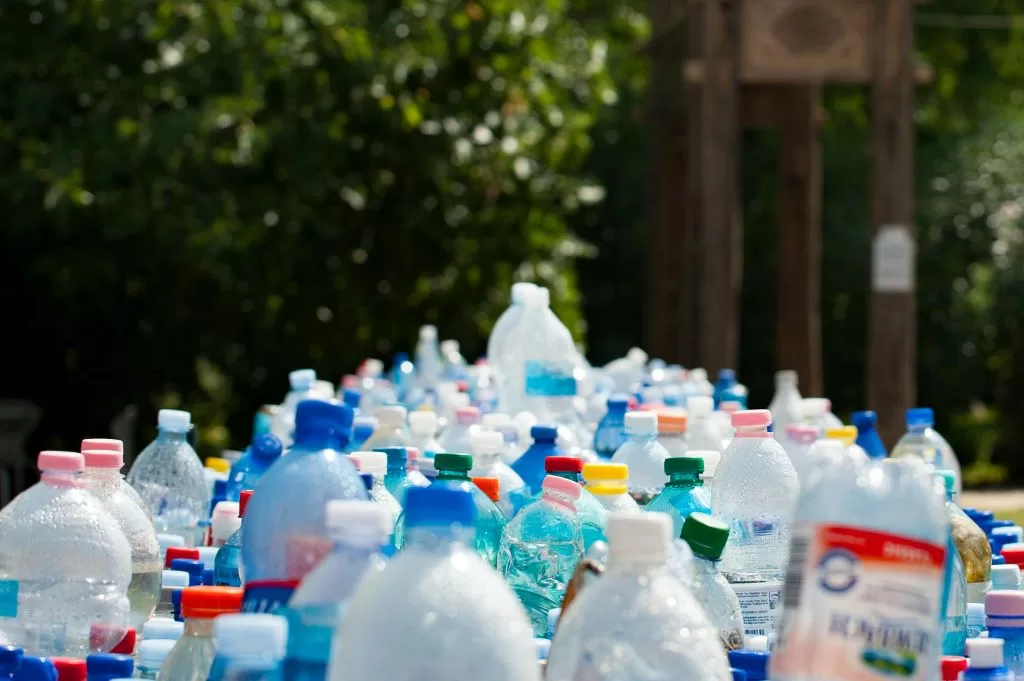More action is needed to propel South Africa’s waste management efforts
15 April 2024 – Over 122 million tonnes of waste are generated annually in the country, yet, only a mere 10% is recycled or repurposed, according to research conducted by Statistics South Africa (StatsSA).

“Without a doubt there is a dire need for improved sustainable waste management practices in South Africa,” says Muhammed Yusuf, Servest’s Safety, Health, Environment, and Quality (SHEQ) Manager for the Western and Eastern Cape Area.
With Earth Day, a global event observed annually on 22 April, fast approaching, this presents a crucial moment for both reflection and action, and an opportunity to identify proactive steps to drive transformative changes in waste management practices.
Over the last five to 10 years South Africa has experienced notable advancements in waste management, the country has also experienced several challenges.
Efforts have been made to strengthen waste management laws and regulations, monitor waste production and composition, engage in recycling and Circular Economy initiatives. In addition, efforts have been made to provide training and support to informal waste workers, infrastructure upgrades to integrate informal waste workers into formal waste management systems. Furthermore, efforts have been made to reduce plastic consumption, and manage electronic waste effectively to mitigate the risks associated with hazardous elements in electronic devices.
However, while advancements have been made in waste management, effective implementation remains a significant challenge.
Yusuf notes the necessity for concerted efforts and enhanced collaboration to capitalise on these advancements to truly make a difference in waste management practices.
“As we observe Earth Day, we are reminded of our collective responsibility to safeguard the future of our planet. Among other things, this should include taking steps to promote sustainable practices and prioritising environmental protection in our day-to-day interactions, be it in business or overall lifestyle. Urgent action is imperative to address critical environmental concerns such as climate change, pollution, and biodiversity loss.”
According to a survey conducted by Sage, ICC, and PwC UK, among approximately 16,000 small and medium-sized businesses in South Africa, more than 70 percent prioritise sustainability, yet only 4 percent actively report their environmental impact.
However, according to 2023 data from Epson’s Climate Barometer there is a significant trend that shows that individuals in South Africa are proactively contributing to climate change efforts. It is estimated that 85.1 percent of individuals in South Africa exhibit a strong inclination towards using recyclable products. In addition, an impressive 71.3 percent are proactively reducing their plastic consumption, while 65 percent are embracing sustainable transportation methods such as walking or biking.
“These figures highlight a strong commitment to sustainability from individuals in South Africa, and their commitment to contribute to a greener future,” notes Yusuf.
He highlights that, “There is a need for businesses to prioritise regular waste audits to understand the composition and volume of their waste output. We need more businesses to implement source reduction strategies aimed at minimising waste generation during production. This can include a range of interventions including redesigning products and packaging to reduce material usage and waste.”
He notes that, there is also a need to establish recycling programs within workplaces to facilitate the collection and segregation of recyclable materials, not only for the business, but for employees as well. Furthermore, businesses should be exploring transitioning towards a circular economy by adopting practices like product reuse, remanufacturing, and closed-loop recycling.
“There is also great value in composting to manage organic waste such as food scraps, coffee grounds, and yard waste,” says Yusuf.
Servest’s ambitious targets for waste reduction
Servest has set ambitious targets to reduce its emissions by 45% by 2030, demonstrating a tangible commitment to environmental stewardship.
“These targets are not mere aspirations but actionable goals, reflecting Servest’s unwavering dedication to reducing our carbon footprint,” says Yusuf.
“We don’t want to just talk about waste management and making a difference in environmental practices, since August 2022, we have converted our fleet from petrol to natural gas and have seen a notable 5% reduction in carbon emissions.
He shares that initiatives such as the Bokashi and Food Waste Management Solutions also showcase commitment to waste management practices.
“Specifically, at our Waterfall head office, we use the Bokashi system to convert all food waste into compost, which aligns with the cradle-to-cradle concept and effectively reduces reliance on landfills,” says Yusuf.
“Collaboration among stakeholders is essential in addressing South Africa’s waste management challenges. Governments, industries, communities, and individuals need to work together to put to action sustainable waste management solutions, foster innovation, and establish a circular economy. Individuals and businesses have a crucial role to play in environmental stewardship to ensure a better future. The reality is we cannot continue in the current trajectory, more action is needed from everyone,” says Yusuf.